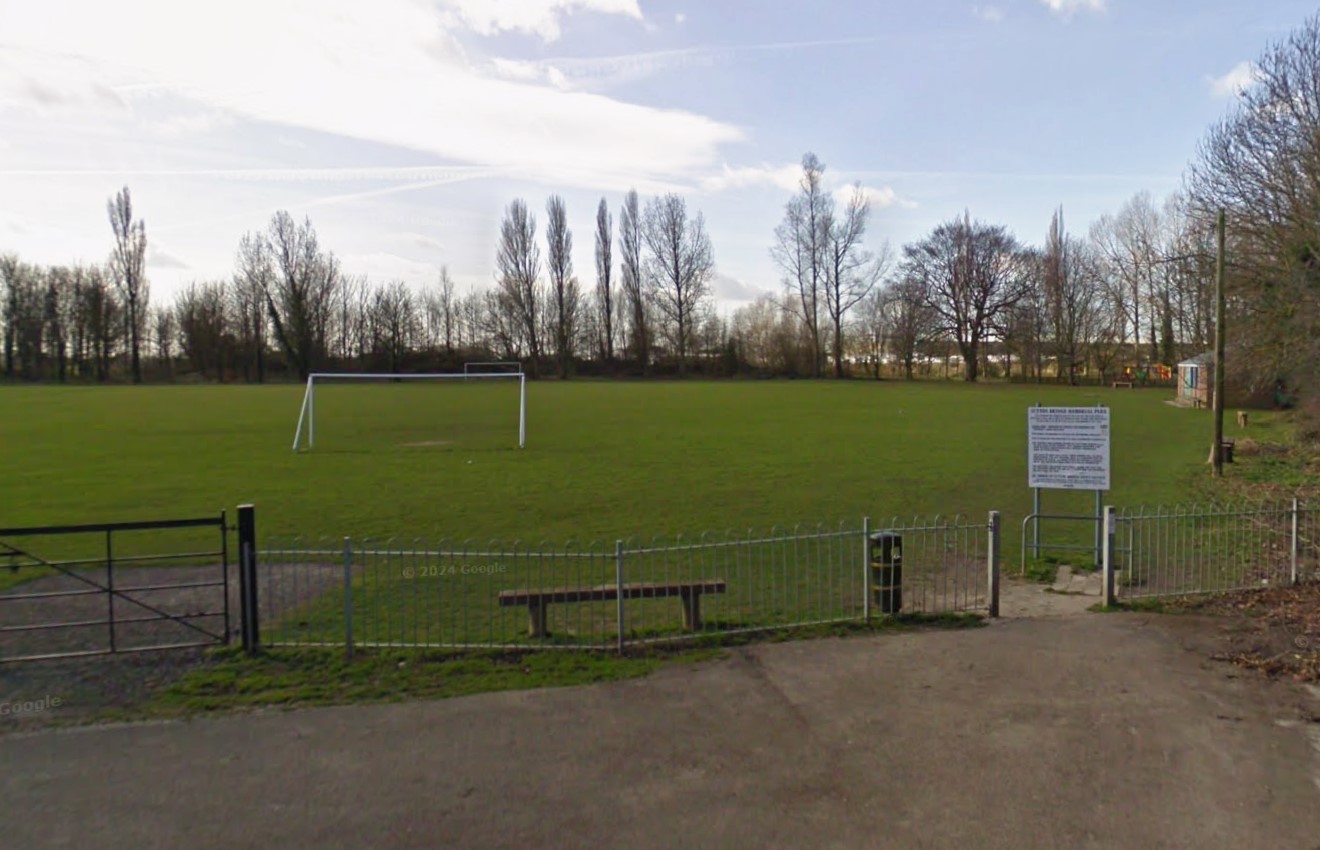
by RSPB Frampton Marsh officer
Dr Chris Andrews
“You say goodbye and I say hello.” So sang The Beatles, and it is rather like that at this time of year. The seasons are changing, and with it we have a distinct shift in the wildlife on view.
Flowers and butterflies are disappearing, fungi and berries becoming more obvious. But the change is particularly noticeable with birds. Summer visitors are leaving, and winter ones are arriving in an annual melee of migration.
Over the last few days I have hardly seen a swallow, have you? They will be off on their long journey down to South Africa, an incredible journey for such a small bird. Crossing mountains, seas and deserts. And then in a few months’ time, they will do it all again, in the opposite direction to arrive here in Spring. Why do they do it? Well, like many birds, they like to eat insects. The cold weather of winter means less insects are about, and so they make these incredible long journeys to places that do have plenty of food.
But whilst the summer birds like swallows are departing, winter visitors are flocking in. Facing harsh conditions in Russia and Scandinavia; ducks, geese and swans are heading our way.
Pretty soon wildlife havens such as Willow Tree Fen and Frampton Marsh will be alive to the whistling of wigeon, the burping of brent geese and even the wild whoops of whooper swans. Again, much like for swallows, they are coming down here to find food and will return to their breeding grounds in the north once the weather warms back up again. And it isn’t just web-footed wildlife either.
Now is the time when short-eared owls cross the North Sea from Scandinavia, ready to spend the winter cruising our local fields, looking for voles. Or golden plovers, wading birds relating to our familiar lapwing, arrive from Iceland. At Frampton Marsh these can form huge flocks, several thousand strong, in the middle of winter. Well worth a visit to see!
Whilst these are birds for whom it is obvious that they migrate (as sometimes they are here, sometimes not), in fact many birds do it. Even ones that we see all year round. The blackbird that bounces around on your lawn in summer might not be the same one as you see in winter.
Some of our breeding birds head down to the Mediterranean for winter (and who can blame them?) but are replaced by even more that arrive from Scandinavia. They look completely the same though, and so you don’t notice the changeover.
So, we all accept the idea that birds can fly south for the winter. But insects? Believe it or not, at this moment the red admiral and painted lady butterflies that spent the summer on the flowers in your garden are gearing up to fly southwards. They go down to North Africa and spend the winter down there. For such a frail creature, that really is impressive! Just goes to show how special nature can be.







